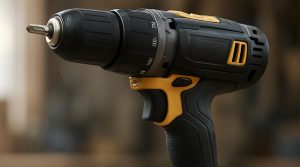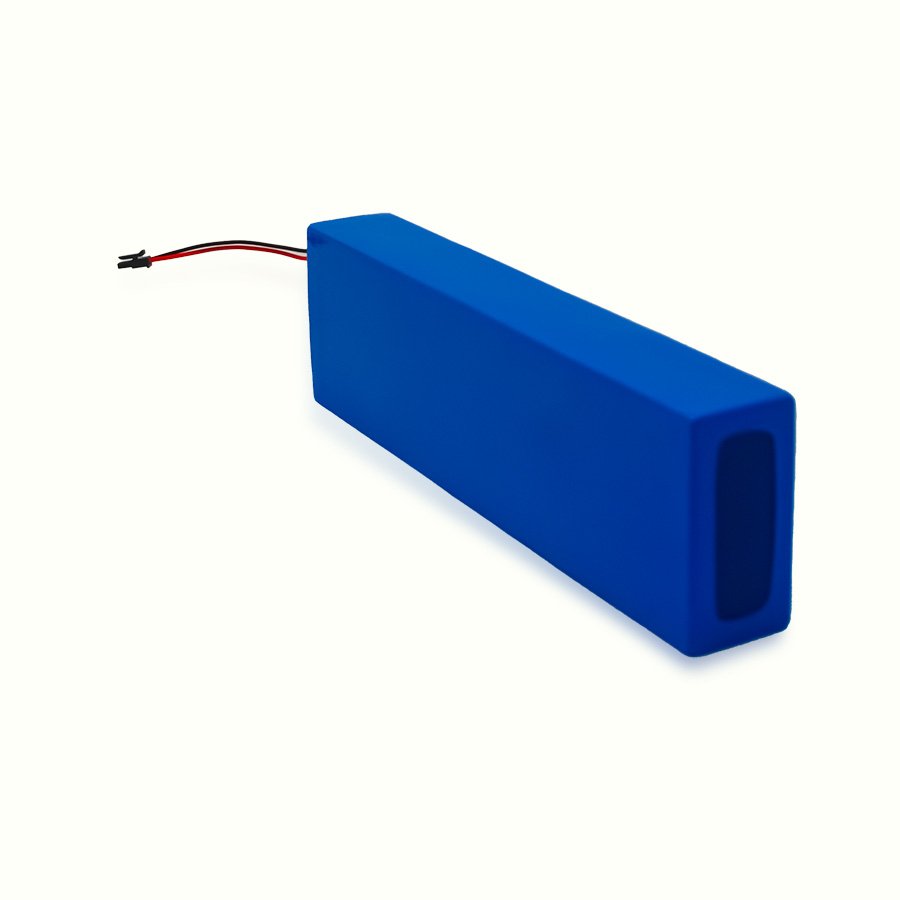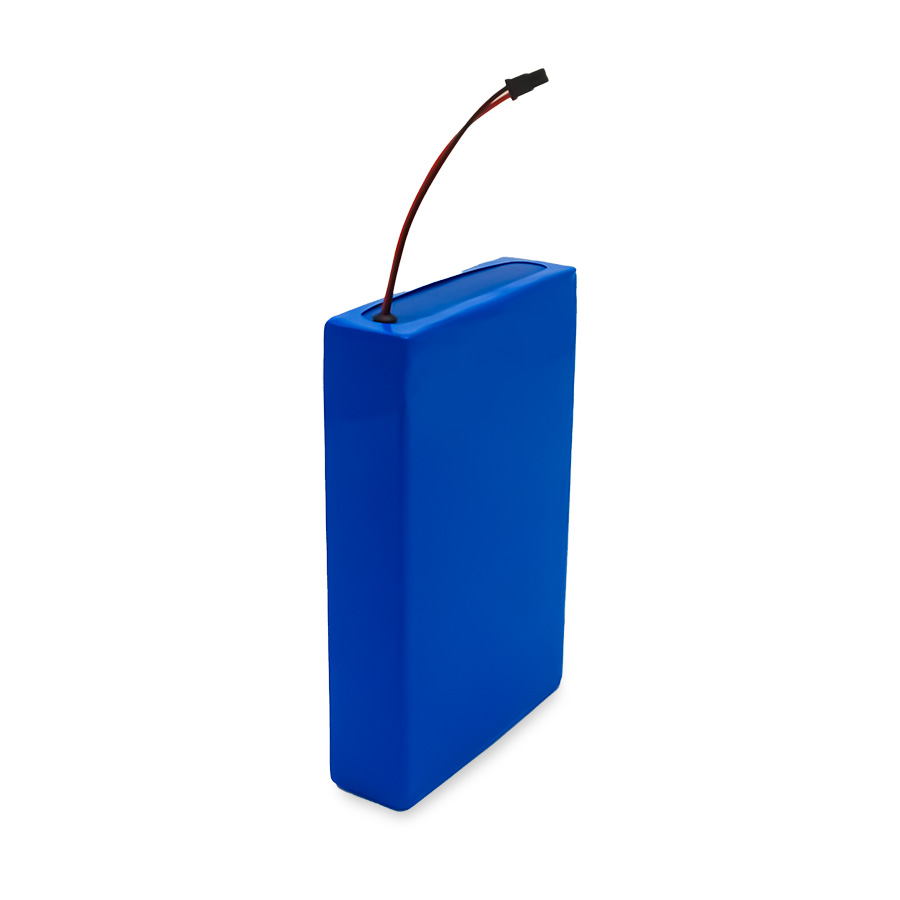When it comes to modern energy storage, the 48V lithium ion battery stands out as a game-changer. From powering electric vehicles to supporting renewable energy systems, this battery technology has redefined how we think about power, reliability, and efficiency. In this guide, we’ll explore how 48V lithium batteries compare with traditional lithium batteries, their main advantages, practical applications, and how to choose the right one for your needs.
Understanding the 48V Lithium-ion Batteries
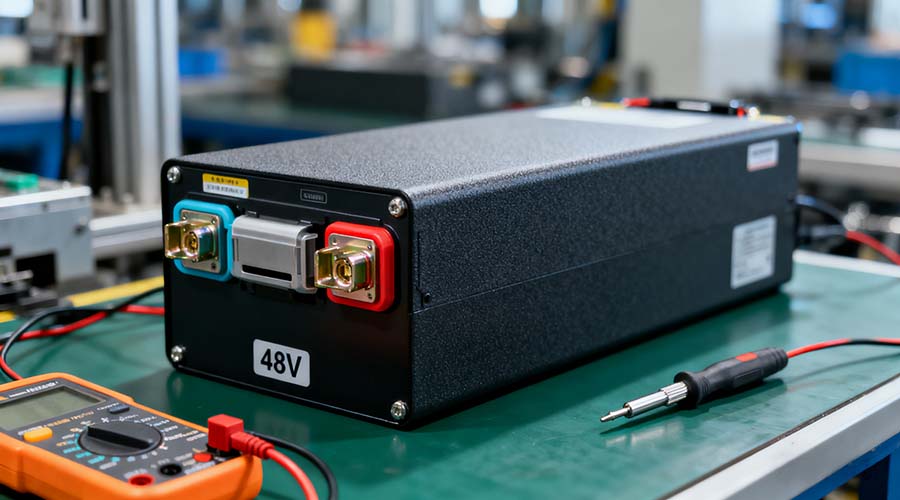
A 48V lithium ion battery is a rechargeable energy system designed to deliver stable, efficient, and high-density power. The “48V” refers to the nominal voltage of the battery pack, which is common in applications like e-bikes, solar systems, UPS devices, and electric scooters.
These batteries use lithium-ion chemistry, known for its high energy density, low maintenance, and long cycle life. Unlike older battery types such as lead-acid or nickel-cadmium, lithium ion batteries can store more energy in smaller, lighter packages—making them ideal for compact and mobile power solutions.
How 48V Lithium-ion Batteries Differ from Conventional Lithium Batteries
While both 48V and conventional lithium batteries rely on similar chemistry, they differ in performance, configuration, and use cases.
Conventional lithium batteries typically operate at lower voltages—like 12V or 24V—making them suitable for smaller electronics or low-power applications. In contrast, a 48V lithium battery system is designed for higher-power needs. The increased voltage allows for greater energy output and efficiency in power delivery.
Here’s how they differ:
- Voltage Efficiency: The 48V system reduces current for the same power, leading to less heat loss and higher efficiency.
- Energy Density: 48V lithium-ion batteries offer better energy density, which means more power per unit of weight.
- Application Scope: Conventional lithium batteries are often found in household electronics, while 48V systems are common in industrial, commercial, and transportation sectors.
- Safety Management: Modern 48V packs include a Battery Management System (BMS) for enhanced protection against overcharging, overheating, and short-circuiting.
Key Advantages of 48V Lithium-ion Batteries
The 48V lithium ion battery offers a wide range of advantages that make it the preferred choice for various applications.
- Higher Energy Efficiency
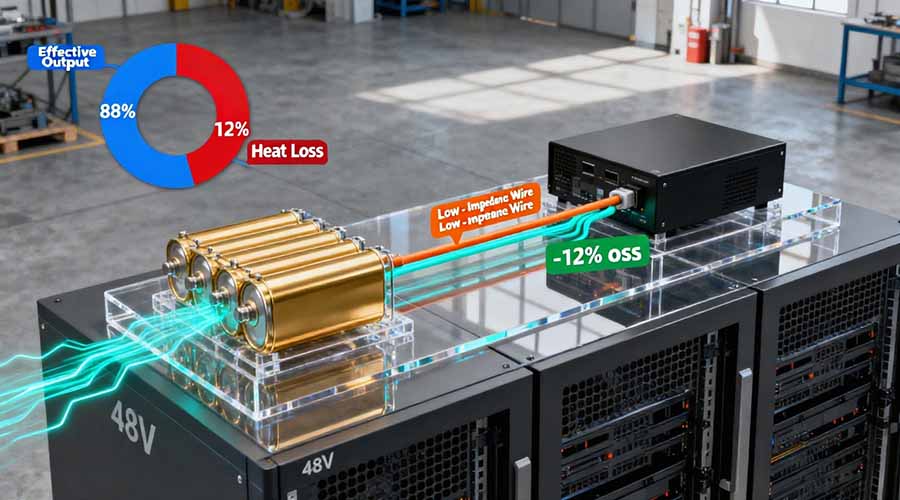
A 48V system minimizes energy loss by operating at a higher voltage, allowing the same power to be delivered with less current. This translates to better overall efficiency and reduced energy waste.
- Compact and Lightweight Design
Compared to traditional batteries, lithium ion batteries are lightweight and have a smaller footprint. This makes them perfect for electric bikes, solar energy setups, and portable power stations.
- Longer Cycle Life
A well-designed 48V battery can last more than 2,000 charge cycles, depending on use and maintenance. This long lifespan makes it a cost-effective and sustainable solution.
- Low Maintenance
Unlike lead-acid batteries that need regular water refilling and monitoring, lithium-ion batteries require minimal upkeep. The built-in management system automatically balances cells and prevents over-discharge.
- Faster Charging
Modern 48V lithium batteries can charge much faster than conventional options. Their high charge acceptance rate means you can restore full power in a fraction of the time.
- Eco-Friendly Operation
The absence of toxic materials like lead or mercury and the high recyclability rate make 48V lithium batteries a greener choice for energy storage.
Common Applications of 48V Lithium-ion Batteries
The growing popularity of 48V lithium ion batteries can be seen across multiple industries. Let’s look at some of the most common applications:
Electric Bicycles and Scooters
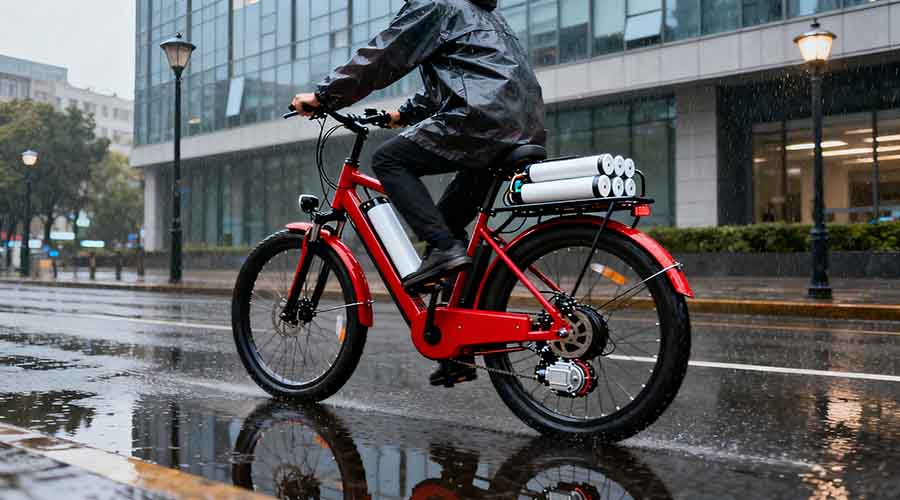
48V lithium batteries power most modern e-bikes and scooters. Their high discharge rate and light weight make them ideal for providing strong acceleration and long-distance performance.
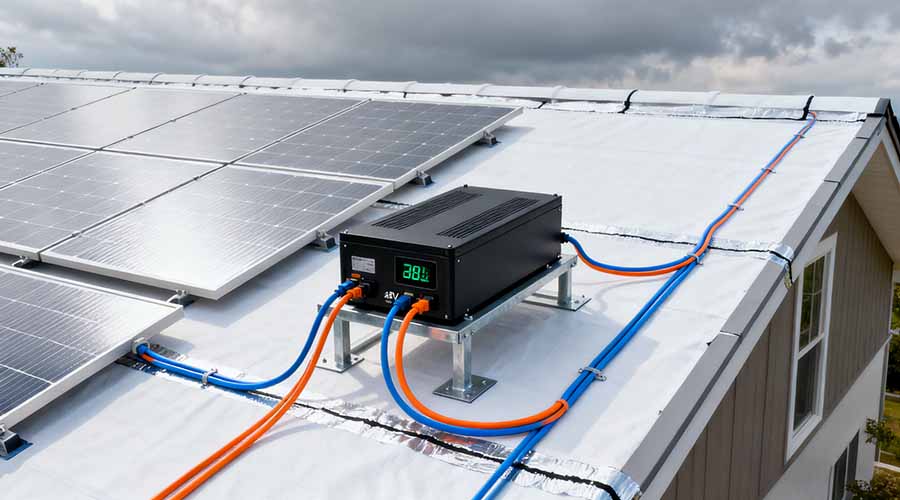
Home and commercial solar setups use 48V lithium battery packs for storing excess solar energy during the day. The stored power is then used during nighttime or cloudy days, ensuring consistent energy availability.
Uninterruptible Power Supplies (UPS)
For businesses and critical infrastructure, a 48V lithium battery system ensures stable power backup during outages, keeping servers and medical devices running without interruption.
Boats and RVs benefit from lithium batteries’ lightweight structure and high energy output. They offer more usable energy capacity and last significantly longer than traditional deep-cycle batteries.
48V lithium systems are used in forklifts, robotics, and automation equipment. They enhance productivity through fast charging and long service life.
How to Choose the Right 48V Lithium-ion Battery
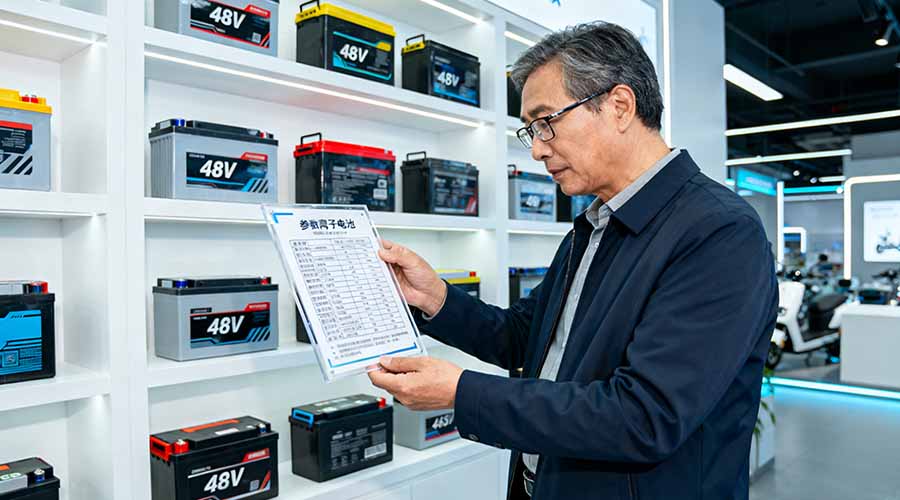
Selecting the right 48V lithium ion battery requires understanding your specific energy needs. Here are the main factors to consider:
- Capacity (Ah Rating)
Battery capacity determines how long the battery can run before needing a recharge. For example, a 48V 20Ah battery provides higher endurance than a 48V 10Ah model.
- Continuous Discharge Current
Ensure that the discharge current matches your device’s power requirement. A higher current rating supports more demanding loads.
- Battery Management System (BMS)
Always choose a battery with a reliable BMS to safeguard against overcharge, overcurrent, and temperature issues.
- Brand Reputation
Quality varies between manufacturers. Reputable brands like HiMAX ensure durability, efficiency, and safety compliance.
- Application Fit
For mobility (like e-bikes), opt for lightweight models. For stationary systems (like solar or UPS), choose batteries with higher capacity and thermal stability.
While 48V lithium-ion batteries may have a higher upfront cost than conventional lithium batteries, their long-term savings are significant. The extended lifespan, reduced maintenance, and high efficiency make them a cost-effective solution over time.
Conventional lithium batteries may be cheaper initially, but they require more frequent replacements and deliver less power per charge cycle. Investing in a 48V lithium battery means fewer replacements, less downtime, and better overall performance.
Maintenance Tips for Longer Battery Life
To extend the life of your 48V lithium ion battery, follow these simple care practices:
- Avoid overcharging or deep discharging.
- Store batteries in a cool, dry place when not in use.
- Use only compatible chargers recommended by the manufacturer.
- Keep the battery clean and free from moisture or debris.
- Periodically check the BMS for error codes or imbalances.
About HiMAX 48V Lithium-ion Battery
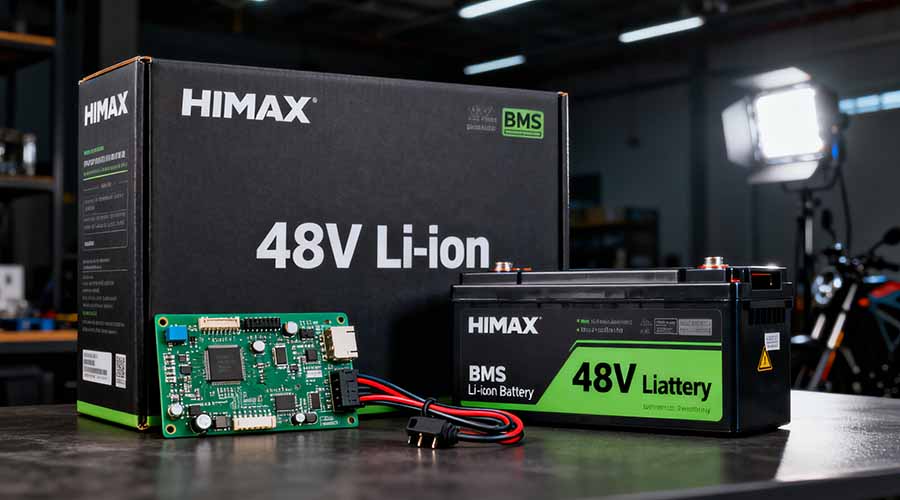
If you’re looking for a reliable and high-performance 48V lithium ion battery, HiMAX offers advanced power solutions tailored for modern needs. HiMAX specializes in designing and manufacturing premium lithium ion batteries that deliver exceptional energy density, safety, and durability. Whether for solar storage, electric mobility, or industrial applications, HiMAX batteries are engineered with cutting-edge BMS technology to ensure stability, efficiency, and long-term reliability. Choose HiMAX for your next power upgrade—and experience the future of intelligent energy.
Find articles related to lithium ion batteries


